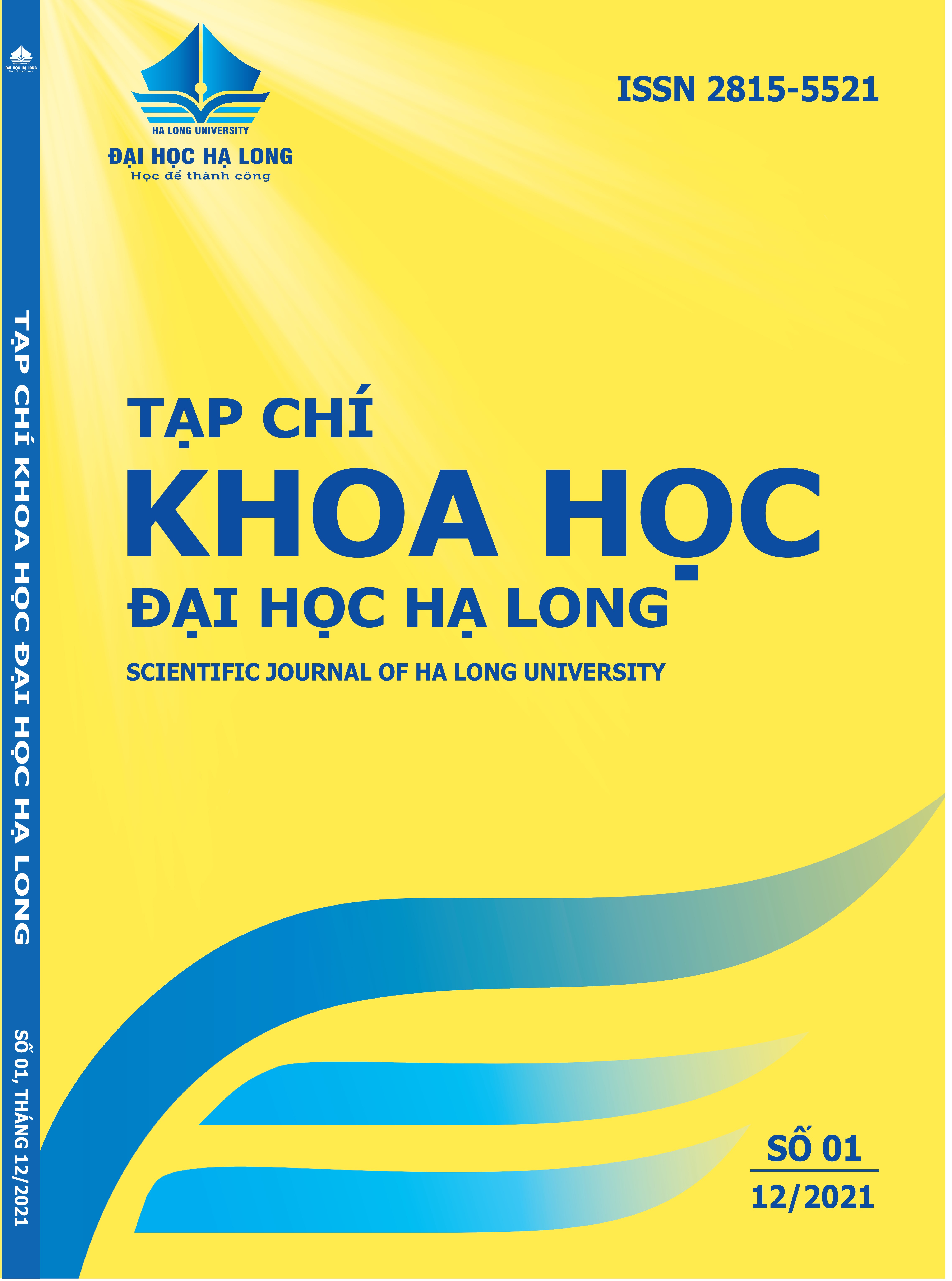Code-switching in bilingualism: Theoretical background
Abstract
This paper presents the theoretical background of code-switching, a common phenomenon of bilingualism which is used to refer to those who can speak or use two languages. The concept of bilingualism has been approached from different perspectives by scholars based on levels of proficiency of language users (language one and language two). Code-switching has been also viewed and defined differently by linguists, and there seems an overlap between code-switching and another language phenomenon, borrowing. Scholars have classified code-switching using criteria and this language practice has been found to serve various functions. That code-switching is discouraged raises a question to those who advocate this common practice since switching back and forth is rather natural to bilinguals. Conceptualisations are context-bound; therefore, the author, with a critical view, defines code-switching to suit a specific context and it is expected that this working definition contributes to the background knowledge of the topic to researchers of interests.

